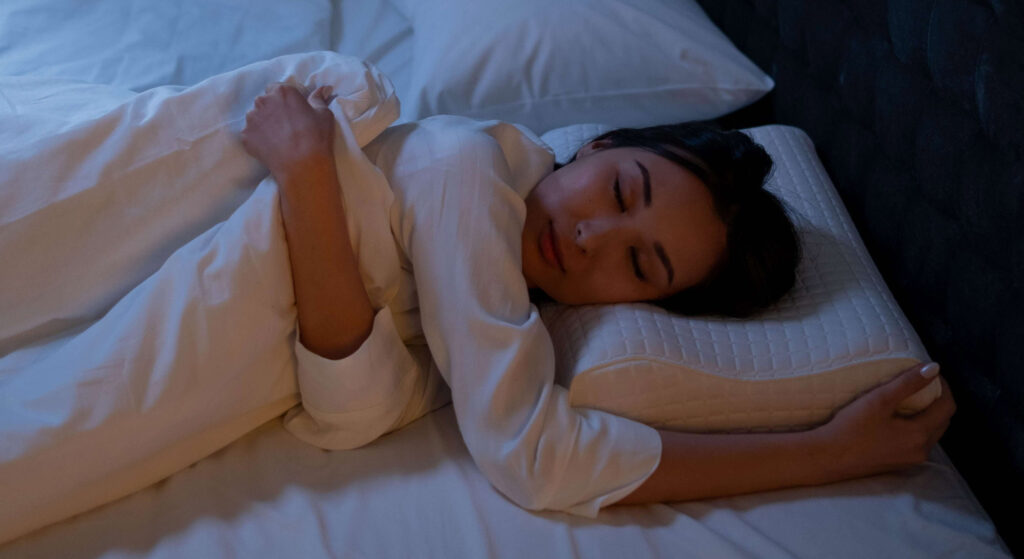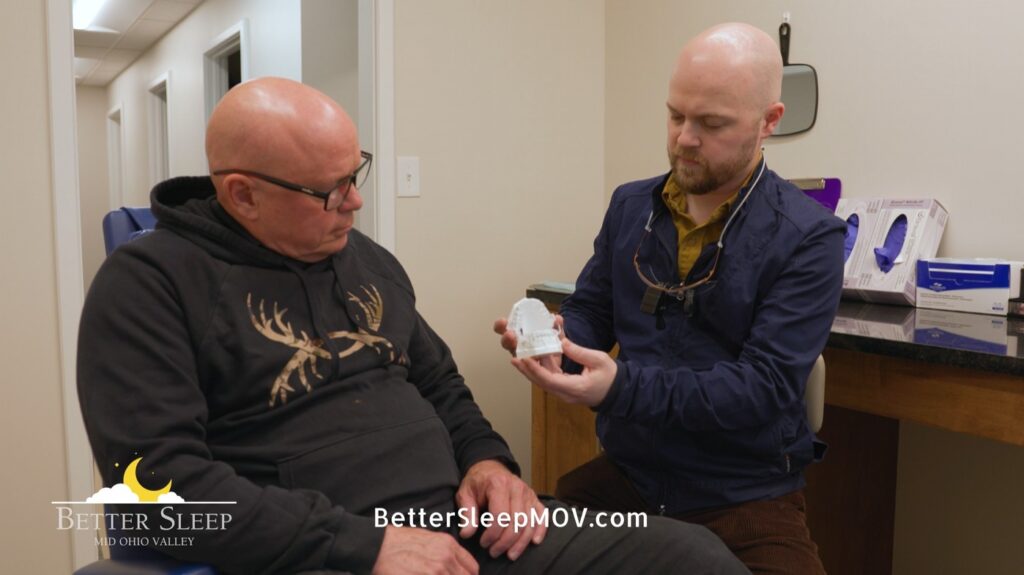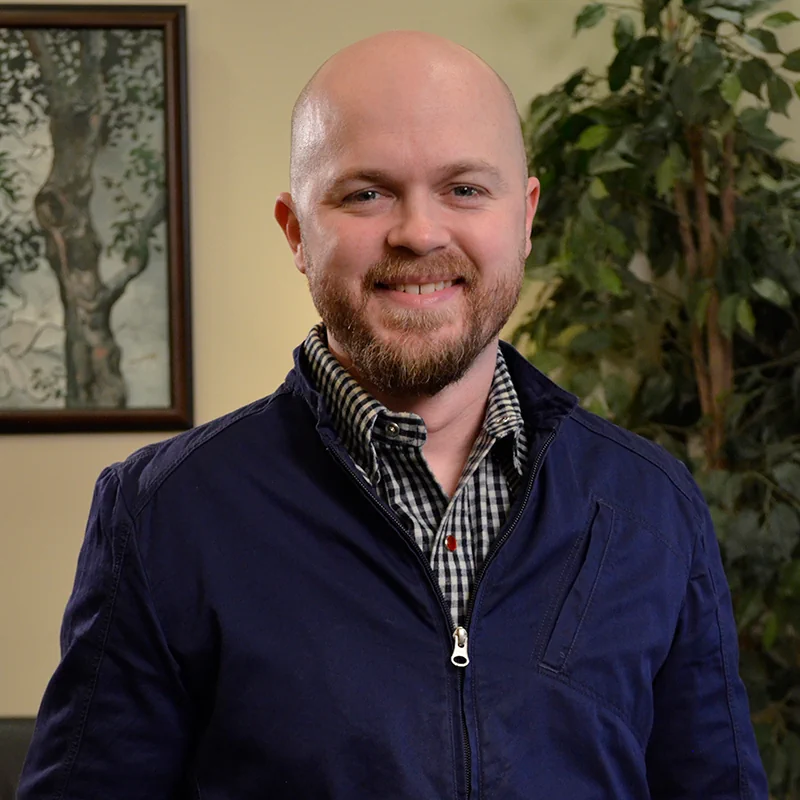Sleep apnea, a common yet serious sleep disorder, disrupts more than just breathing. It can deeply influence the quality and nature of our dreams. For many, the intersection of dreams and sleep apnea is confusing or even alarming. Are vivid, unsettling dreams a warning sign? Could recurring nightmares about suffocation mean something more? Dr. Luke Bauserman of Better Sleep MOV provides valuable insights into these questions, drawing on his clinical experience with patients experiencing both sleep apnea and dream-related concerns.
Can Sleep Apnea Cause Dreams?

Sleep apnea can significantly alter a person’s dream patterns. For some, the frequent interruptions in breathing reduce the time spent in REM sleep, the stage where dreams occur. As a result, they may experience fewer dreams overall.
However, for others, sleep apnea triggers vivid and unsettling dreams.
The Nature of Sleep Apnea Dreams
Dr. Bauserman notes a common theme in sleep apnea-related dreams:
- Breathing Difficulties:
Many patients report dreams centered around themes of suffocation, such as:- Drowning
- Being trapped in a small, airless room
- Struggling to breathe in a heavy, oppressive environment
These dreams often reflect the physical struggles the body endures during sleep apnea episodes.
“My patients frequently describe dreams of choking or gasping for air,” says Dr. Bauserman. “These dreams can be the brain’s way of interpreting actual breathing difficulties happening during sleep.”
Why Do I Keep Dreaming I Can’t Breathe?
Dreams of breathlessness can be deeply distressing. Dr. Bauserman explains that such recurring dreams often serve as an important red flag for sleep apnea.
What Happens During These Dreams?
- Physiological Cause:
During a sleep apnea episode, airflow is restricted or stopped altogether. The brain reacts to the lack of oxygen by triggering a partial awakening or by manifesting the experience in a dream. - Symbolic Interpretation:
These dreams might include scenarios that mimic the sensations of suffocation, such as:- Struggling to swim to the surface of a lake
- Fighting to open a stuck window in a smoke-filled room
If you frequently dream about difficulty breathing, it may be your brain’s way of alerting you to a problem that requires attention.
What Does Sleep Apnea Feel Like in a Dream?
For individuals with sleep apnea, dreams can take on a surreal and unsettling quality. Dr. Bauserman highlights two distinct experiences patients report:
- Fewer Dreams:
- The fragmented sleep caused by apnea reduces time spent in REM sleep, the stage where most dreaming occurs.
- As a result, some patients report a decrease in dream frequency or vividness.
- Intense and Vivid Dreams:
- When REM sleep is achieved, the dreams can be strikingly vivid and often distressing.
- These dreams may involve scenarios mimicking oxygen deprivation, such as:
- Being submerged underwater
- Wearing a mask that restricts breathing
“Patients often describe these dreams as feeling incredibly real, which can heighten the emotional impact upon waking,” says Dr. Bauserman.
Why Do I Forget to Breathe While Dreaming?
If you feel like you “forget to breathe” during a dream, it may indicate an underlying sleep disorder such as sleep apnea. Dr. Bauserman explains that there are two main types of sleep apnea that could cause this sensation:
Central Sleep Apnea (CSA):
- This condition occurs when the brain temporarily stops sending signals to the muscles responsible for breathing.
- CSA episodes can lead to vivid dreams of suffocation or drowning, reflecting the body’s oxygen deprivation.
Obstructive Sleep Apnea (OSA):
- This more common form of sleep apnea occurs when the airway becomes physically blocked.
- The blockage can lead to:
- Gasping or choking sensations in dreams
- Sudden awakenings
Professional Diagnosis is Key
Experiencing these symptoms should prompt a visit to a sleep specialist. Dr. Bauserman recommends undergoing a sleep study to determine the exact nature of the issue and to develop an appropriate treatment plan.
Is It Normal to Stop Breathing While Dreaming?
Stopping breathing during sleep is not normal. While occasional snoring or restless nights can happen to anyone, recurring episodes of breathing cessation warrant medical attention.
Why Breathing Stops During Sleep
In sleep apnea, the cessation of breathing occurs due to either:
- Obstructions in the Airway (OSA)
- Neurological Signaling Issues (CSA)
Consequences of Untreated Sleep Apnea
Without treatment, sleep apnea can lead to:
- Increased risk of cardiovascular problems
- Chronic fatigue
- Worsening mental health, including anxiety and depression
Dr. Bauserman stresses the importance of addressing sleep apnea promptly to prevent long-term health complications.
How to Improve Sleep and Dreams with Sleep Apnea

If sleep apnea is disrupting your sleep and dreams, taking the right steps can help restore restful nights and positive dream experiences.
Treatment Options:
- CPAP Machines:
- Provide continuous air pressure to keep the airway open.
- Effective for reducing apnea episodes and improving REM sleep quality.
- Oral Appliances:
- Devices like mandibular advancement devices reposition the jaw to keep the airway open.
- A less invasive alternative for those who find CPAP uncomfortable.
- Lifestyle Changes:
- Maintaining a healthy weight
- Avoiding alcohol and sedatives before bed
- Sleeping on your side instead of your back
Benefits of Treatment:
- Improved oxygen levels during sleep
- Increased time spent in REM sleep
- Reduction in distressing dream content
When to Seek Help For Sleep Apnea
If you experience frequent dreams about difficulty breathing or suspect you may have sleep apnea, don’t wait to seek help. Symptoms to watch for include:
- Loud, persistent snoring
- Daytime fatigue despite a full night’s sleep
- Morning headaches or dry mouth
- Recurring nightmares or vivid dreams of suffocation
Consulting a sleep specialist like Dr. Bauserman at Better Sleep MOV can provide the answers you need.
Conclusion: Dreams as a Window into Sleep Health
Dreams can be more than just random images—they may reflect underlying health issues like sleep apnea. Whether you’re experiencing vivid, unsettling dreams or fewer dreams overall, these changes could signal disruptions in your sleep cycles.
Dr. Bauserman reminds us that treating sleep apnea not only improves sleep quality but also restores a healthier balance to your dreams. “Understanding the connection between dreams and sleep apnea can lead to better health outcomes,” he explains.

If you or someone you know struggles with symptoms of sleep apnea, take the first step by seeking a professional evaluation. Restful sleep and peaceful dreams may be closer than you think. Contact Better Sleep MOV to schedule a consultation and get to the root of your sleep apnea issues.

